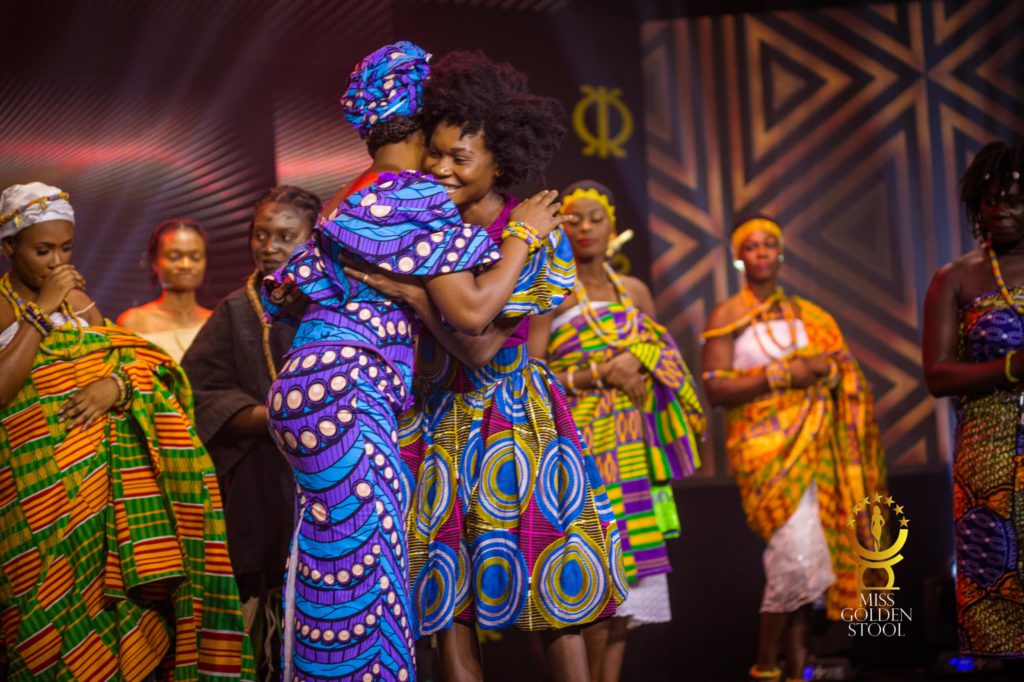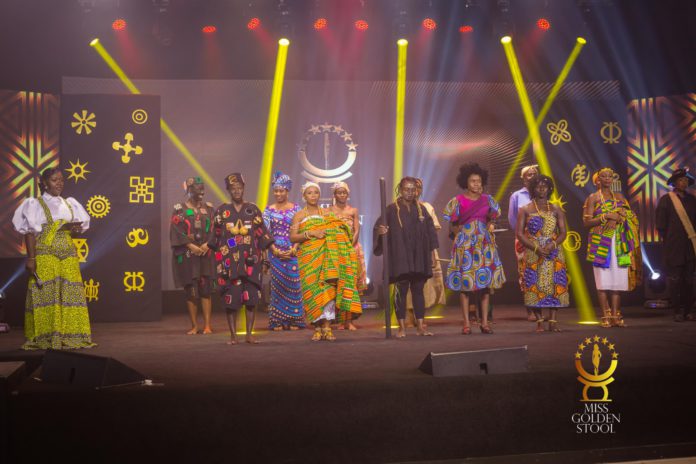It was a fun and enlightening episode of Miss Golden Stool season 2, when the 14 remaining contestants took center stage to dissect their tribal heritage.
Miss Golden stool is an initiative to educate and preserve the rich Akan culture, hence the contestants were tasked to pass on seldom-heard information on their ancestral dynasty.
All 14 contestants lived up to expectations, exhibiting fluency and a sense of grandeur while addressing the august crowd.
Contestant Awura who hails from Asante Mampong Daaho told the story of how her community, under the leadership of Nana Kwabena Nketia, migrated from community to community to flee unsafe conditions. After successfully locating an inhabited territory, he named it Daaho, to wit, turnabout – a reminder of his struggles in quest of a permanent settlement.
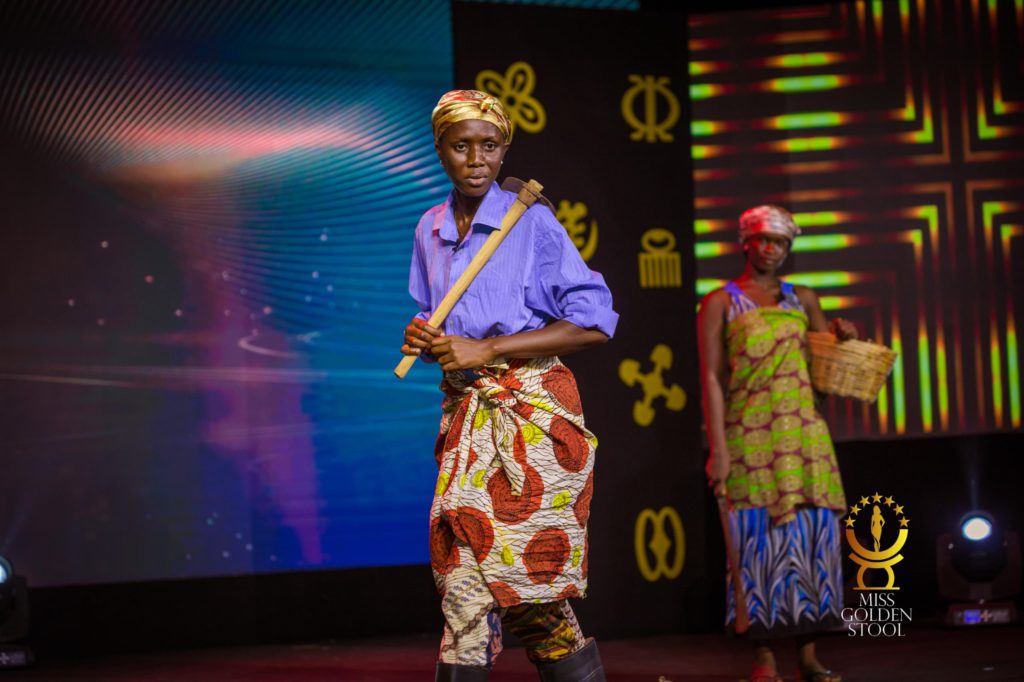
From Amakye Bare, also in the Ashanti Region, contestant Darkowaa educated on how their ruler, Nana Kofi Gyedu and his people faced extreme adversities from a rival, Anin, whom he killed with the help of eight courageous warriors. He presented Anin’s decapitated head to the then Asantehene, who rewarded him with all the territories they fought in to where they finally won the battle. It is for this reason the territories were named Bare – signifying the courage with which they killed Anin. After the death of Nana Gyedu, his brother, Amakye took his place, renaming the territory Amakye Bare.
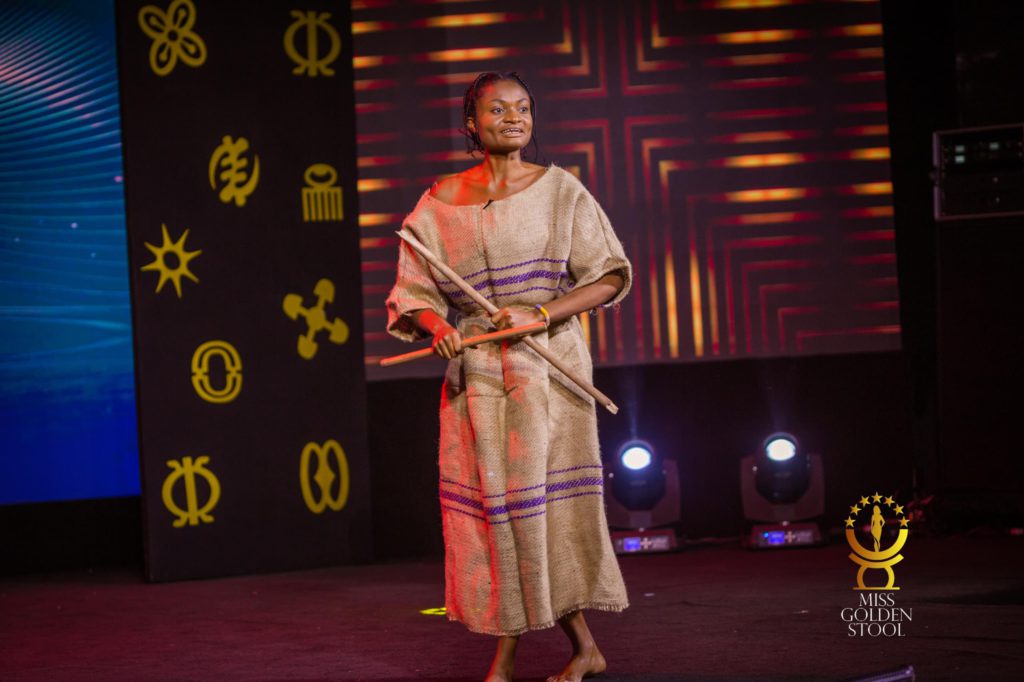
Contestant Ababio from Asante Bekwai Amoamo shared the history of Opanyin Amoa, a hunter who always returned with game. On one of his exploits, he found by a chance a desolate land and settled there with his family and others to dominate the land. However, he died before he could name a ruler. In anguish, his beneficiaries cried out ‘Amoa mo’ to wit ‘Amoah is dead’ and the phrase has since become a household name for the territory.
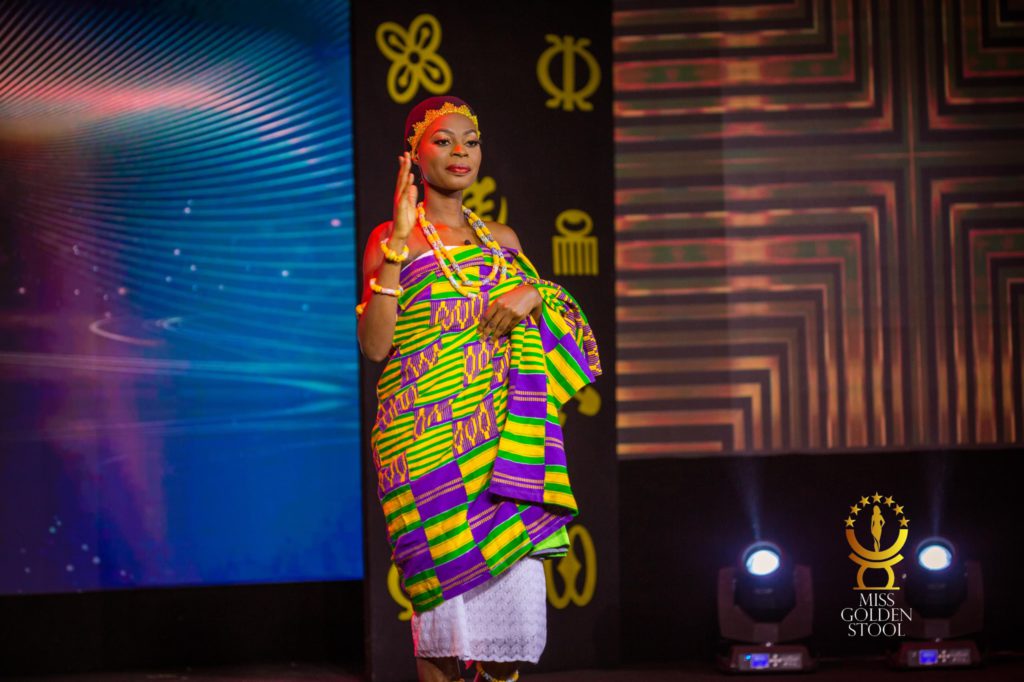
Contestant Oseikrom from Asante Mampong took the audiences down memory lane to the period when the people of Bretuo discovered the territory while cultivating lands around Adansi Ayaase. Impressed by the vast and fertile nature of the land, they named it Mampong – a state so resourceful. Till date, Mampong is noted for agriculture, particularly cocoa.
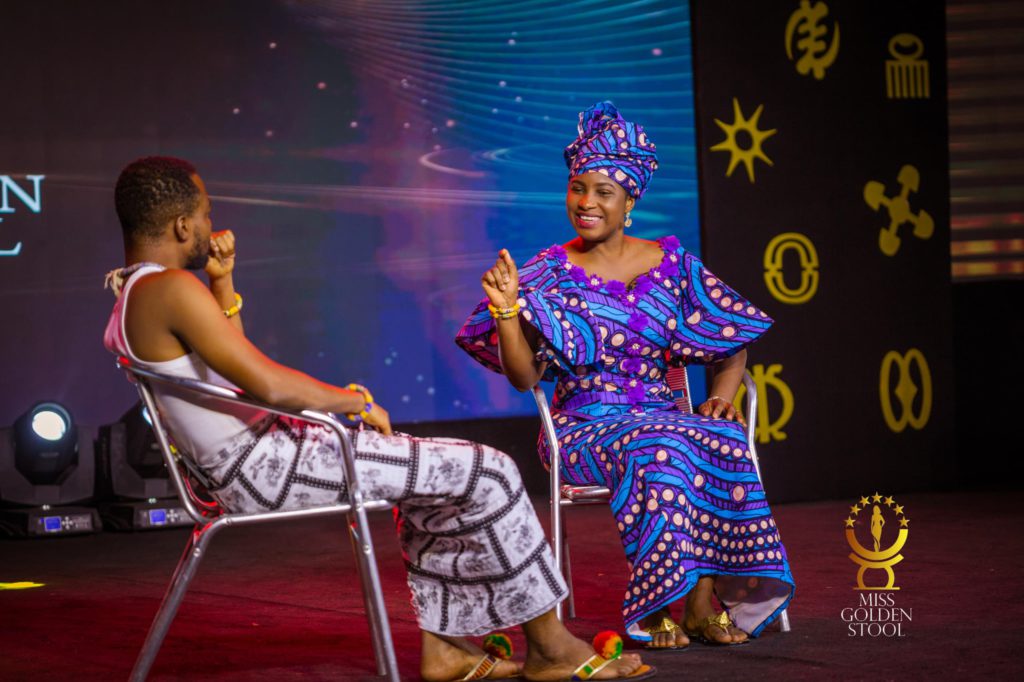
Gone are the days when the people of Twifu did not have an autonomous territory, rather, they were a clan affiliated to the Asantes. After a war with the Asantes, they fled for safety despite winning. However, their path were trailed because they were barefooted and the prints led to the name Twifo – to wit – wander ahead. This narration is by contestant Amoakoaa from the Central Region.
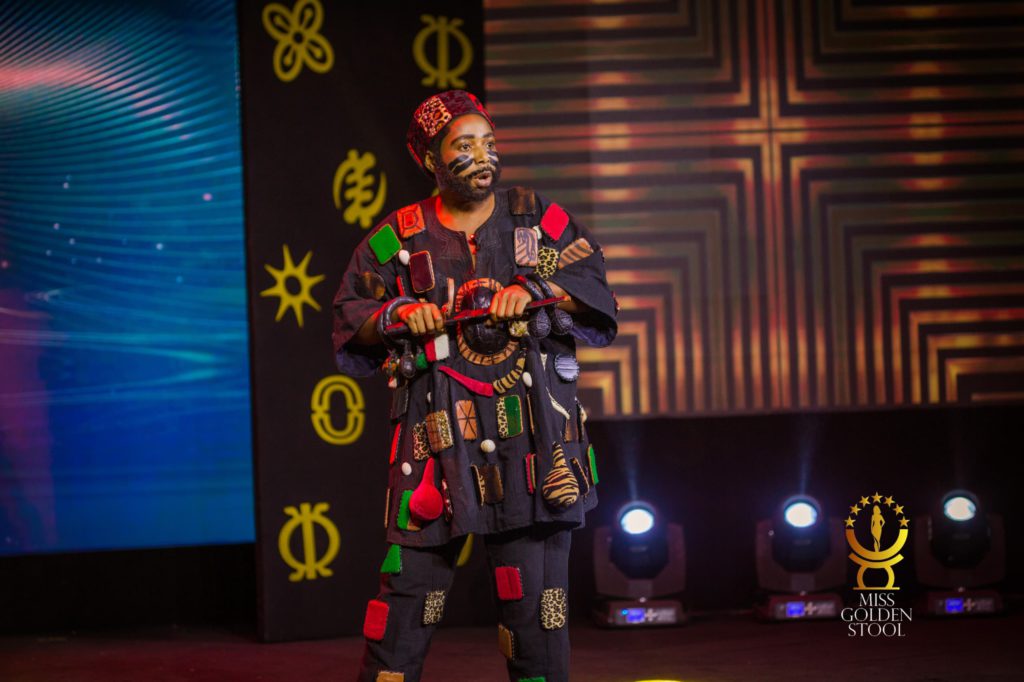
Contestant Osaah eloquently told the story of the people of Denkyira in Dunkwa-on-Offin who hailed from Egypt and settled in a town in Bono known as Chiraa. Because they were foreigners, they relied heavily on the people of Chiraa for means of survival. It is for this reason they are known as Denkyira – the clan who relied on Chiraa.
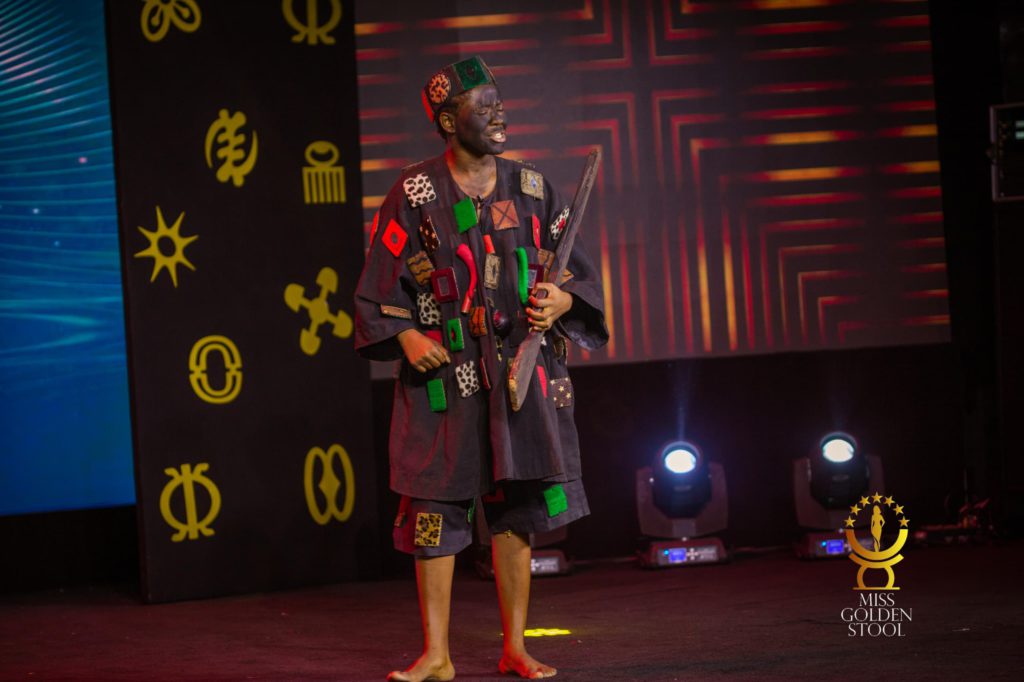
Contestant Appiawaa from the Central Region told the tale of the Fante who weaned themselves from the people of Techiman and Mankessim, under the leadership of 3 warriors. In the course of their migration, they rested under the huge Onyina tree after which they decided to permanently settle there. Hence the name Batanyaa, meaning the travelers dwelling under the Onyina tree.
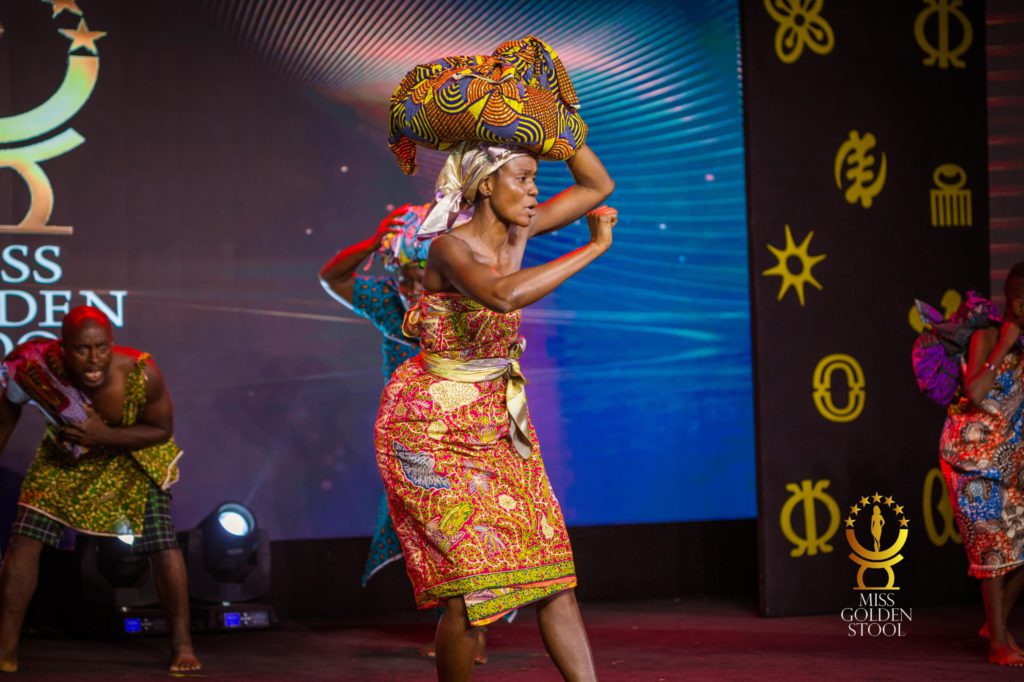
From the Central Region, contestant Animounyam narrated the tale of the origin of Kumawu, which dates as far back as the 18th century. During the reign of the great King Osei Tutu I, his fetish priest, Okomfo Anokye, unified the Asante states through allegiance to the Golden Stool, which miraculously descended from heaven. As a treaty, Okomfo Anokye planted two trees in two locations and predicted that one tree would live and become the capital of Ashanti. The tree that lived is now known as Kumasi, and the other town, Kumawu, to wit – the tree that died.
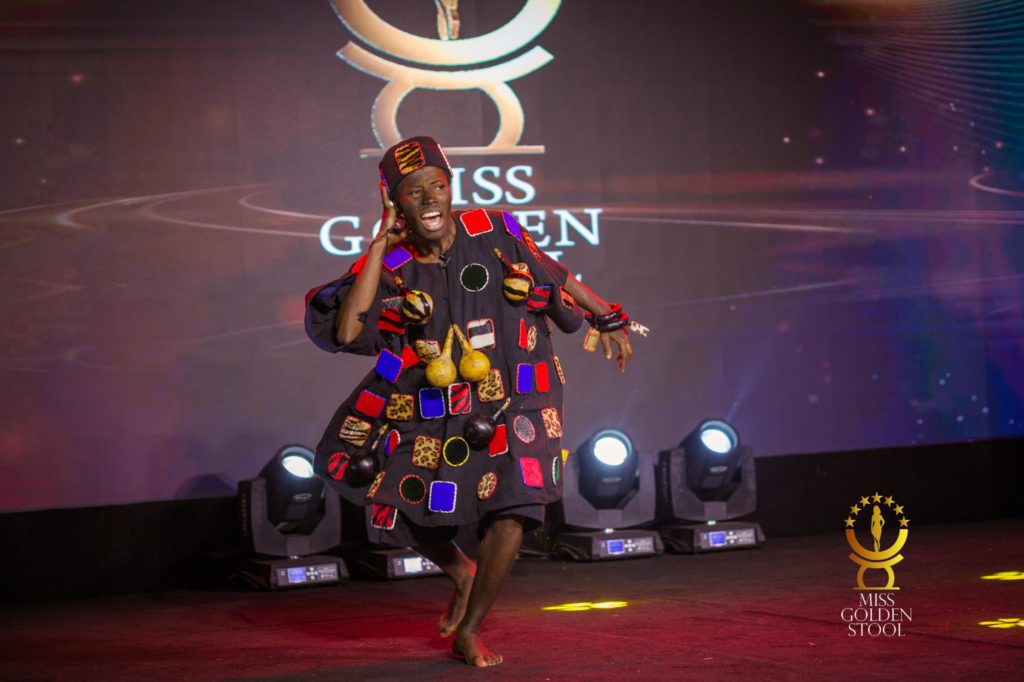
Contestant Agyakowaa told the story of the clan of Oyoko from Juaben who migrated to a town known as Asuminya. However, unsatisfied with the condition, they resettled to a palm fruit plantation in the forest where they harvested and inhabited. Hence the name Bekwai was coined, translated as the palm fruit forest.
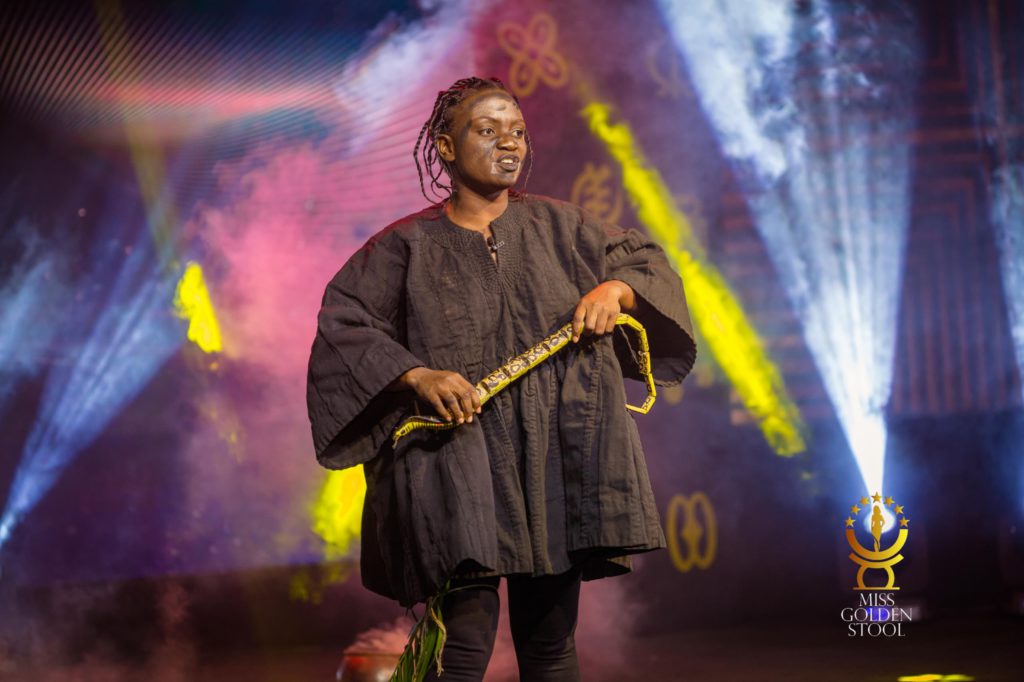
It is no news Kwahu/Kwawu is widely known as ‘K) na k) wu’ to wit ‘go and die’, however, the history of the title is often unknown. Contestant Akua who hails from Kwahu Nkwatia educated on how the clan of Kwahu have roots in Asante Dwaso. But the two factions were caught up in a feud, for which the people of Kwahu ascended a stony heel to protect themselves from their blood thirsty foes. They devised a plan to stone to death any rival who attempts to climb up to attack them. In view of this, the territory became a land of no return.
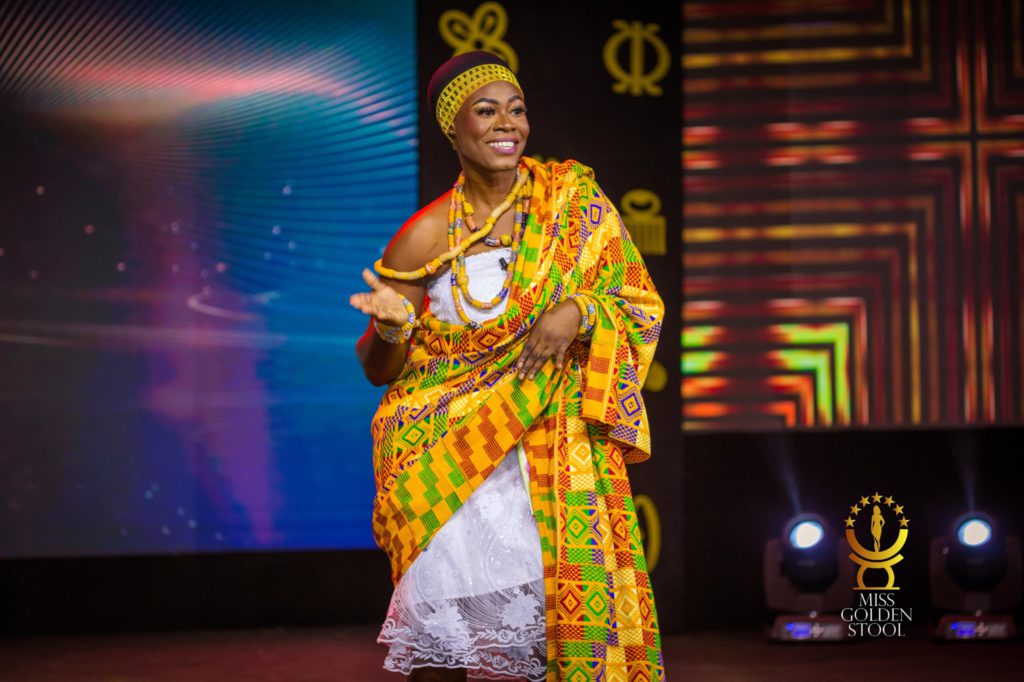
Contestant Afia shared the untold story of Asante Mampong in Ashanti Region, the clan whose symbol is a silver stool. Asante Mampong are the second in line after the Ashanti Kingdom. Following the death of their leader, the Mampong clan had to find a land to dominate over. They discovered a land which was rocky and they successful ploughed. This became evidence to the neighboring towns that their land will be resourceful hence the name ‘Mampong’.
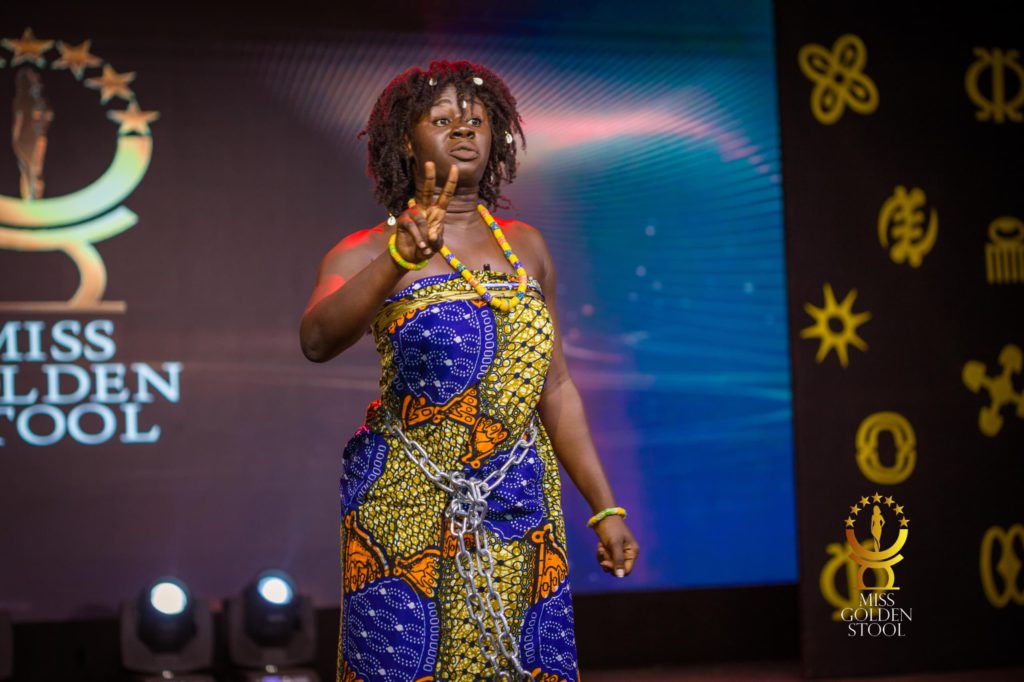
Ayensu’s history, shared by contestant Araba from the Central Region, traced the clan’s path from Mali to Techiman to search for land flowing with a water. Initially, all water sources they located were salty or hard and not suitable for drinking, until they later located potable water and settled there, naming the place Ayensu – we have found water.
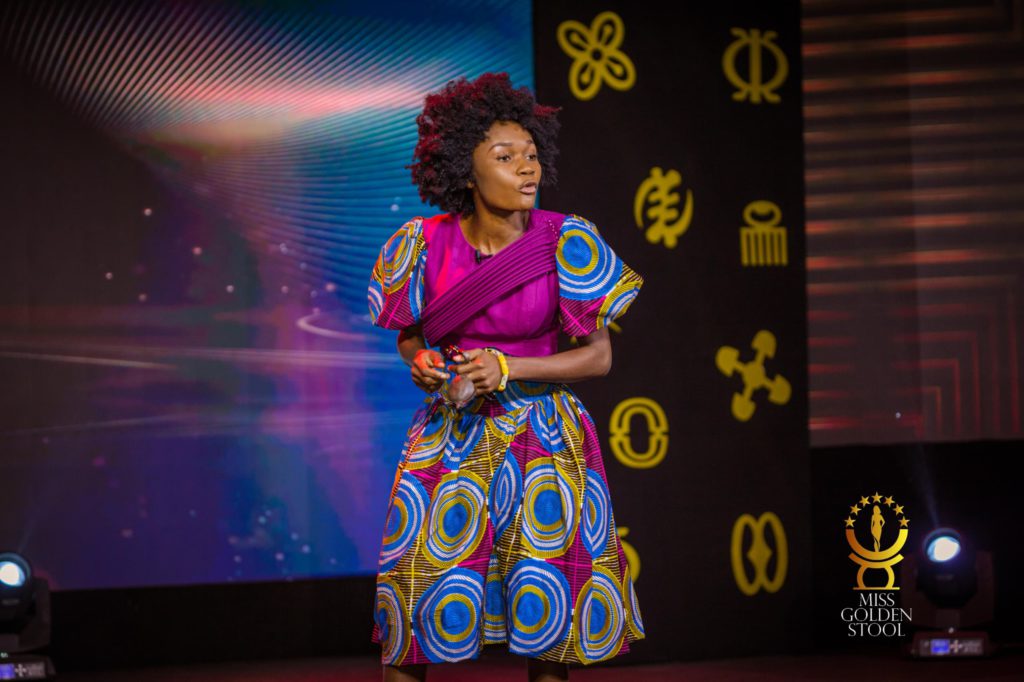
Contestant Osika highlighted the origins of Asanso Kyekyewere in the Ashanti Region, stemming from when they were hitherto known as Feyiase. After they successfully joined the people of to wage war, which they won, their leader was shot and killed. This led the Asanso people to migrate to seek solace for the death of their leader and celebrate their win against their enemies. They had a feast made from ‘Akyekyedie’ (tortoise) and further named their land in that regard.
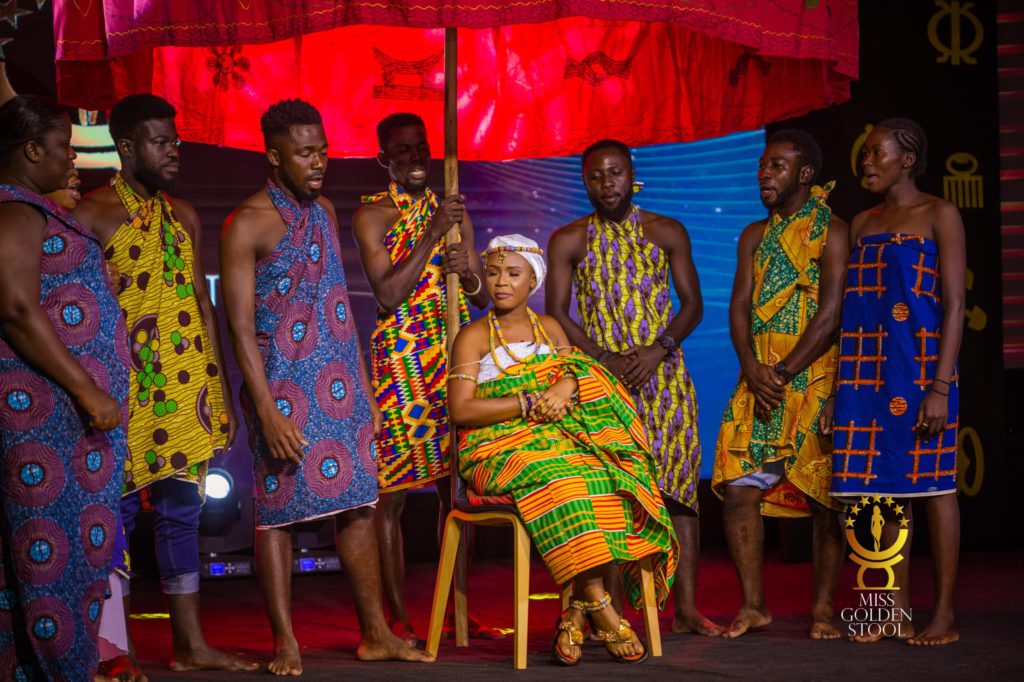
Nana, also from Duayaw Nkwanta in the Ahafo Region, detailed that the town had its name from one of the first inhabitants, Adu Yaw, who is believed to have descended from the sky. He was wealthy, rich in gold and had a shed where traveler’s rested. This gained him popularity and the town was named after him, Duayaw Nkwanta – Agya Yaw’s junction.
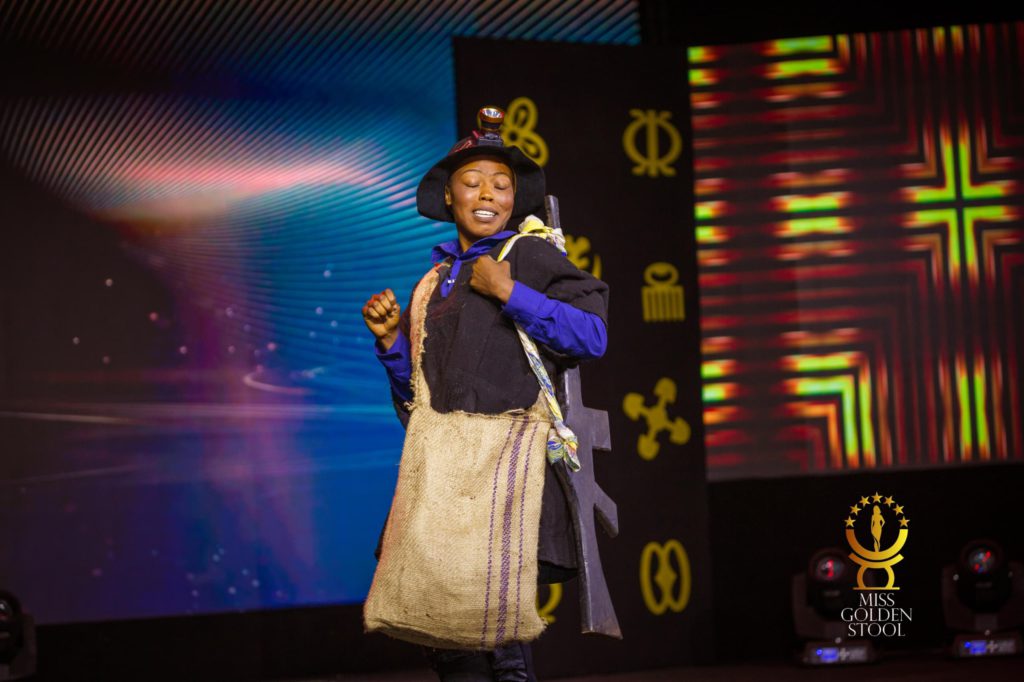
Star performer for the night, by a unanimous decision by all three judges and technical team was Animounyam who impressed them with her narration.
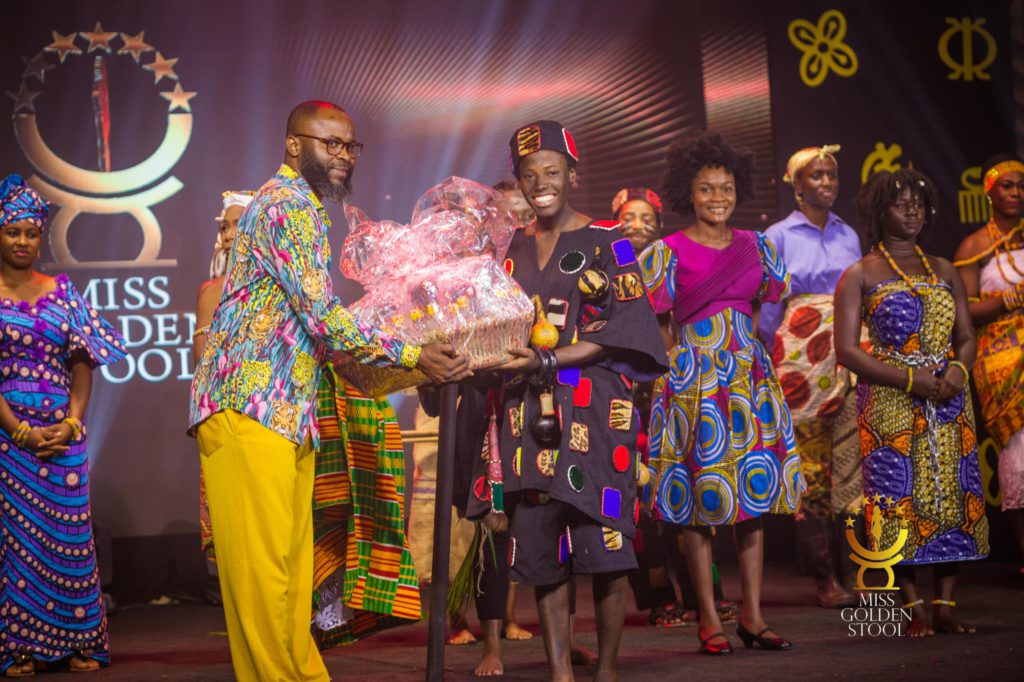
However, two contestants; Araba and Oseikrom were axed in week 3 of the show.
